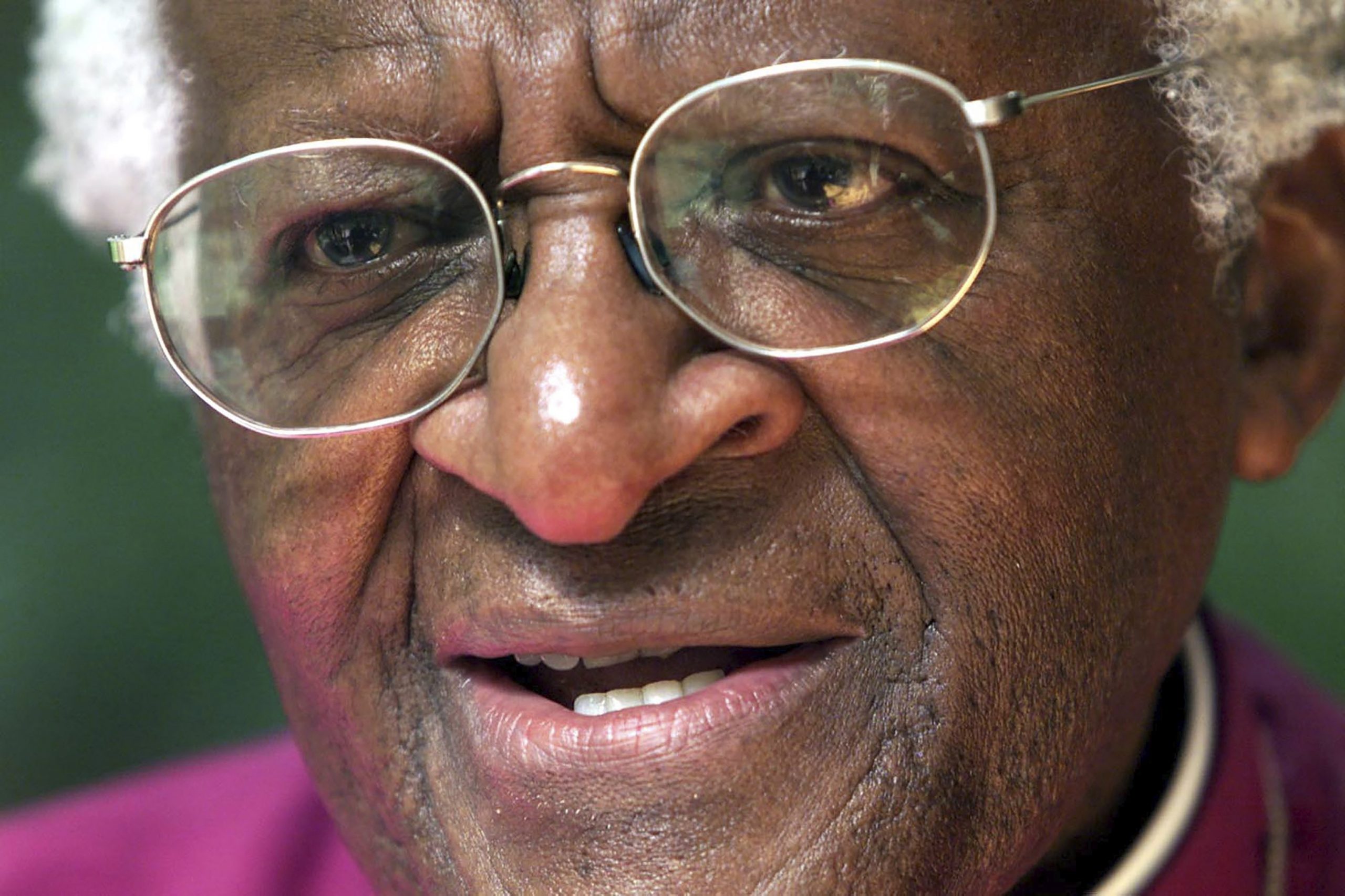Tutu minimized the suffering of those murdered in the Holocaust by asserting that «the gas chambers» made for «a neater death» than did Apartheid. In other words, the Palestinians, who in his incorrect view are the victims of «Israeli Apartheid,» have suffered more than the victims of the Nazi Holocaust.
Logg inn for å lese videre (abonnenter).
Støtt uavhengige nyheter!
Bli abonnentPluss-artikler blir åpnet 24 timer etter publisering. Artikler som er eldre enn to år er forbeholdt abonnenter.






